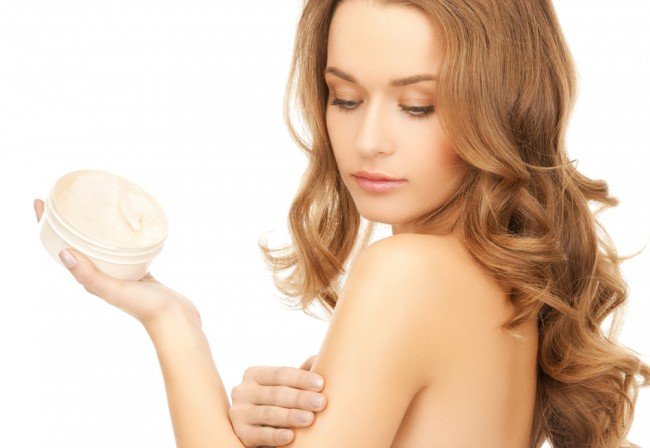Retinyl Palmitate: How it Works – OROGOLD Reviews

Retinyl palmitate, as well as retinol, are both forms of vitamin A. Retinol is the vitamin in its purest form, and plays a huge role in the development of our bones, as well as keeping our vision healthy. It can be found in certain foods, including yellow and green vegetables, whole milk, egg yolks, beef, chicken and fish liver oil. Retinyl palmitate, whilst it is still a form of vitamin A, is basically a gentler and milder form of the vitamin.
Both retinol and retinyl palmitate can be found in many skin care products, as they help to stimulate the production of collagen, as well as decreasing the size of our pores, resulting in skin that looks and feels smoother and softer. In 2010, due to a scare-tactic report that the FDA was linked to, retinyl palmitate started to get a bad reputation. The report, which stated that retinyl palmitate was linked to skin cancer and the growth of new tumors, was not firmly supported by published research, and ignored the fact that retinyl palmitate is actually one of the main antioxidants that can be found in our skin.
Since exposure to sunlight reduces the amount of vitamin A in our skin, as well as our blood, it is no surprise that skin care products containing retinyl palmitate are extremely popular. When we apply these products, our skin first converts the retinyl palmitate into retinol, which is then converted into retinoic acid, after which it works it can begin to work its anti-aging effects. In addition to its anti-aging properties, retinyl palmitate is also an effective antioxidant. Since the process of turning the retinyl palmitate into retinoic acid is quite a lengthy one, this is the reason that skin care products for more sensitive skin do not contain the pure form of retinol.
In a way, retinyl palmitate can be thought of as an exfoliator, as it repeatedly sheds the upper layer of our skin, forcing our bodies to produce fresh new skin cells. However, since it works in this way, it should not be used when your skin is going to be exposed to the sun for a long period of time, as the fact that your top layer of skin is being shed means that you will be much more susceptible to sunburn and other sun damage. You should also be careful to not use any products containing retinol or retinyl palmitate if you are breast feeding, as the retinol will end up being excreted into the breast milk.
Although retinyl palmitate is considered to be a relatively gentle ingredient, it can still bring about side effects when applied to the skin, especially with those who have sensitive skin. Redness, scaling, itching and burning are just some of these side effects, but after continuing to apply the product for two weeks, these side effects should begin to decrease.
In addition to its anti-aging properties, products containing retinyl palmitate improve the elasticity of the skin, help to heal wounds, reduce the formation of wrinkles, regulate the formation of keratin, and help to normalize skin that has been damaged by the sun.

